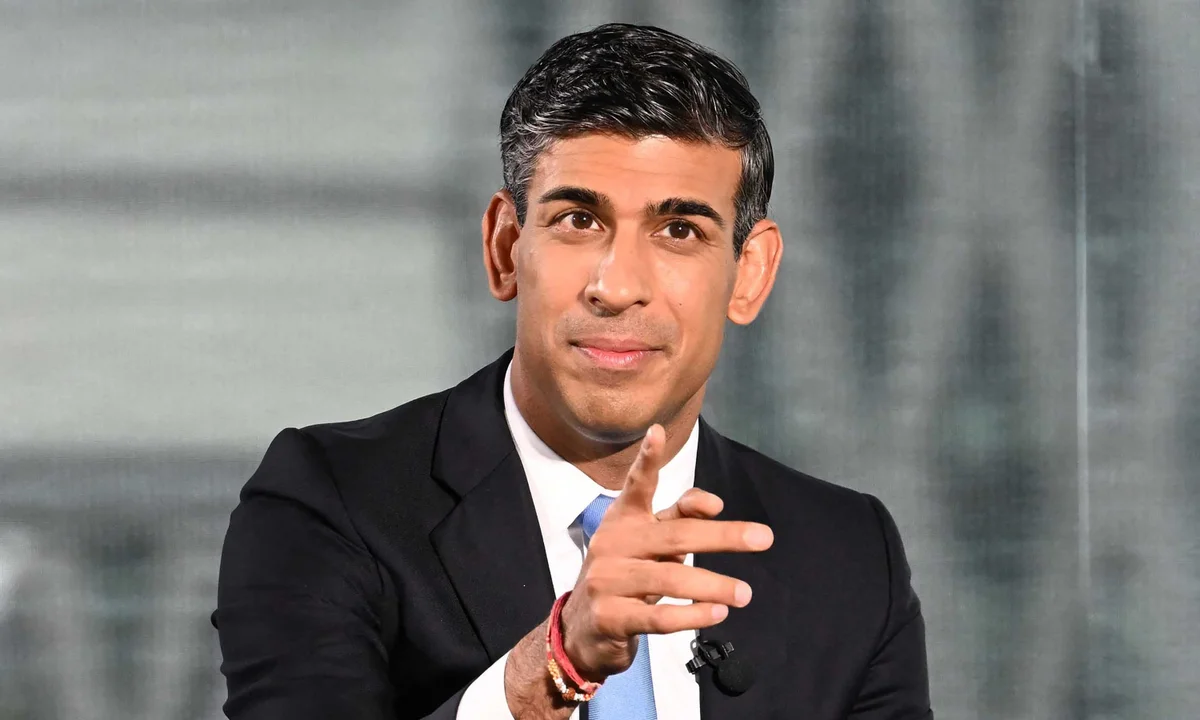
Senegal’s Institute for Health Research, Epidemiological Surveillance and Training (IRESSEF) has raised the alarm over a manipulated video circulating on social media that falsely depicts its president, Professor Souleymane Mboup, promoting a joint pain relief cream.
The clip, created using artificial intelligence, appears to show Professor Mboup endorsing the product, though IRESSEF has firmly denied any involvement.
In an official statement released on Thursday, the institute emphasized that neither it nor its director have any connection with the product or its marketing.
“This video is entirely fabricated. Your vigilance is essential to avoid relaying this type of misleading content,” IRESSEF warned, urging the public to rely solely on official channels for authentic information.
Experts say the incident highlights the growing risks posed by deepfake technology, which can produce highly realistic but entirely false audio-visual content.
In recent years, AI-generated videos have been increasingly misused to mislead the public, manipulate reputations, and promote products or political messages without consent.
Professor Mboup, a leading figure in Senegalese and global health research, is renowned for his work in infectious diseases and epidemiological surveillance.
The dissemination of the manipulated clip has prompted IRESSEF to reiterate the importance of media literacy and cautious verification before sharing content online.
“Artificial intelligence offers immense opportunities in research and healthcare, but it also carries risks when misused,” the statement added. “Institutions and individuals must remain alert to protect themselves from misinformation.”
Social media platforms are facing mounting pressure to detect and remove deepfakes, particularly those involving public figures or medical claims.
For the Senegalese public, this incident serves as a stark reminder of the need to critically evaluate online content and rely on trusted, verified sources.
As deepfake technology becomes more accessible, experts warn that such incidents are likely to rise, making public awareness and digital literacy essential tools in combating misinformation.



